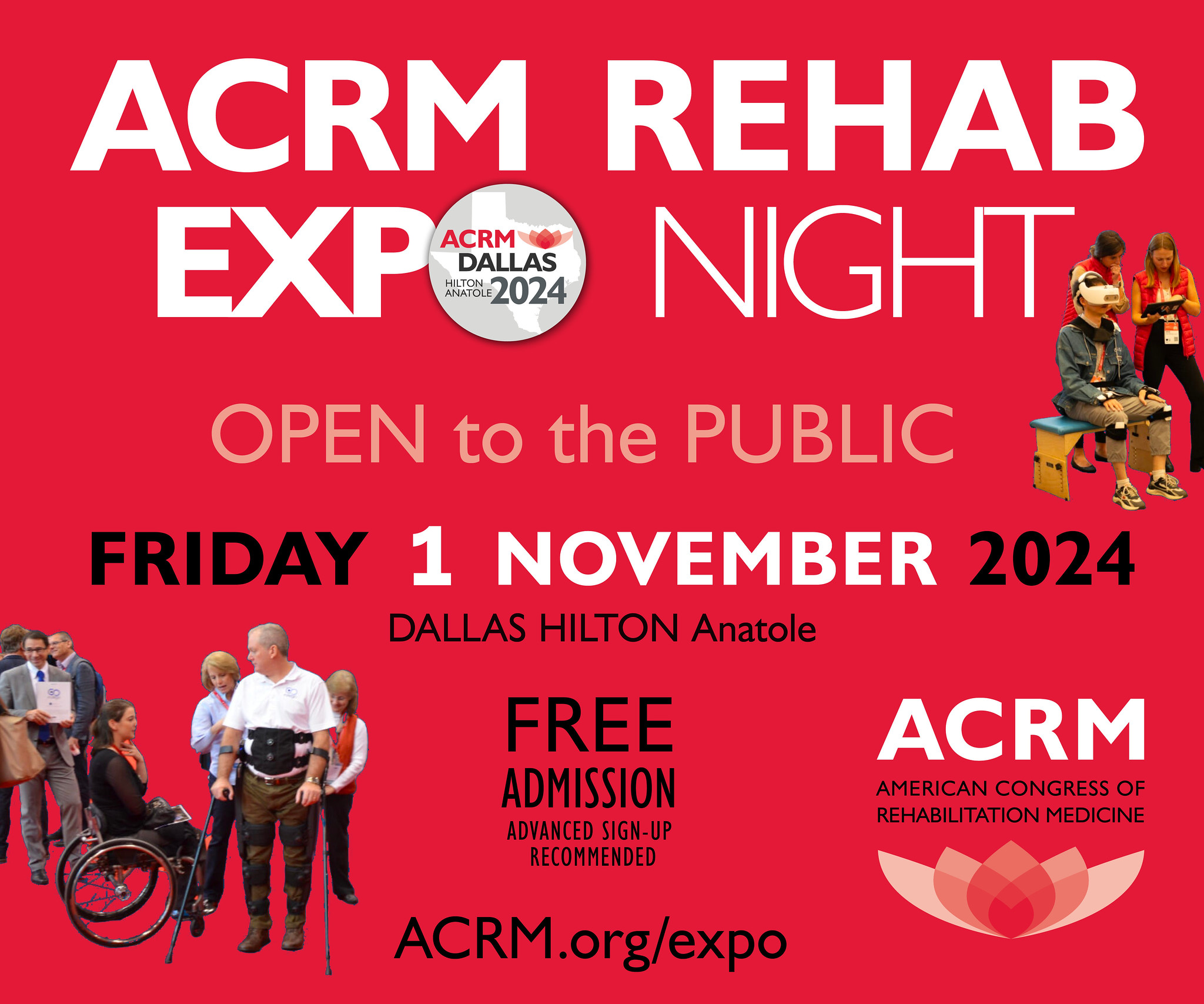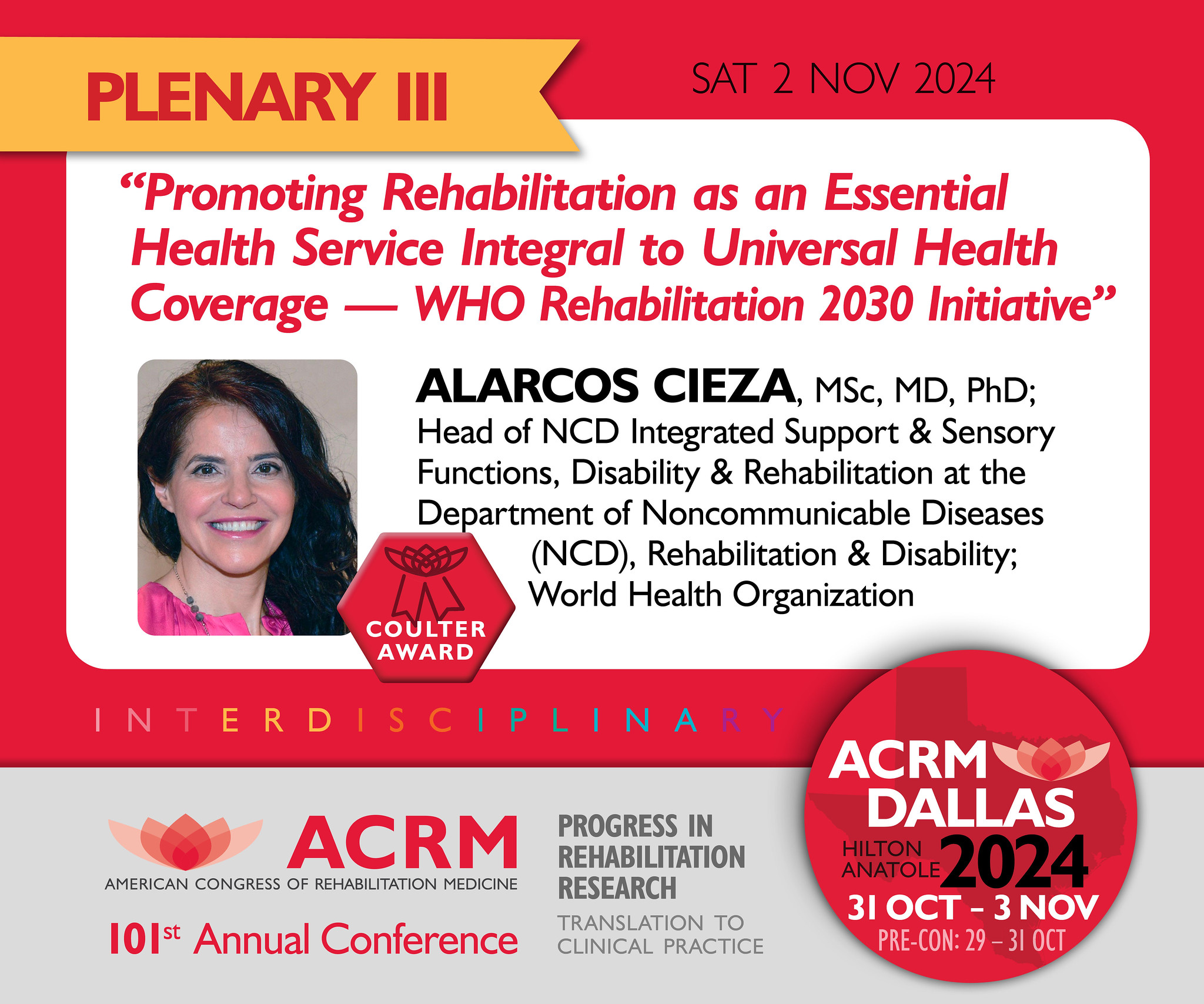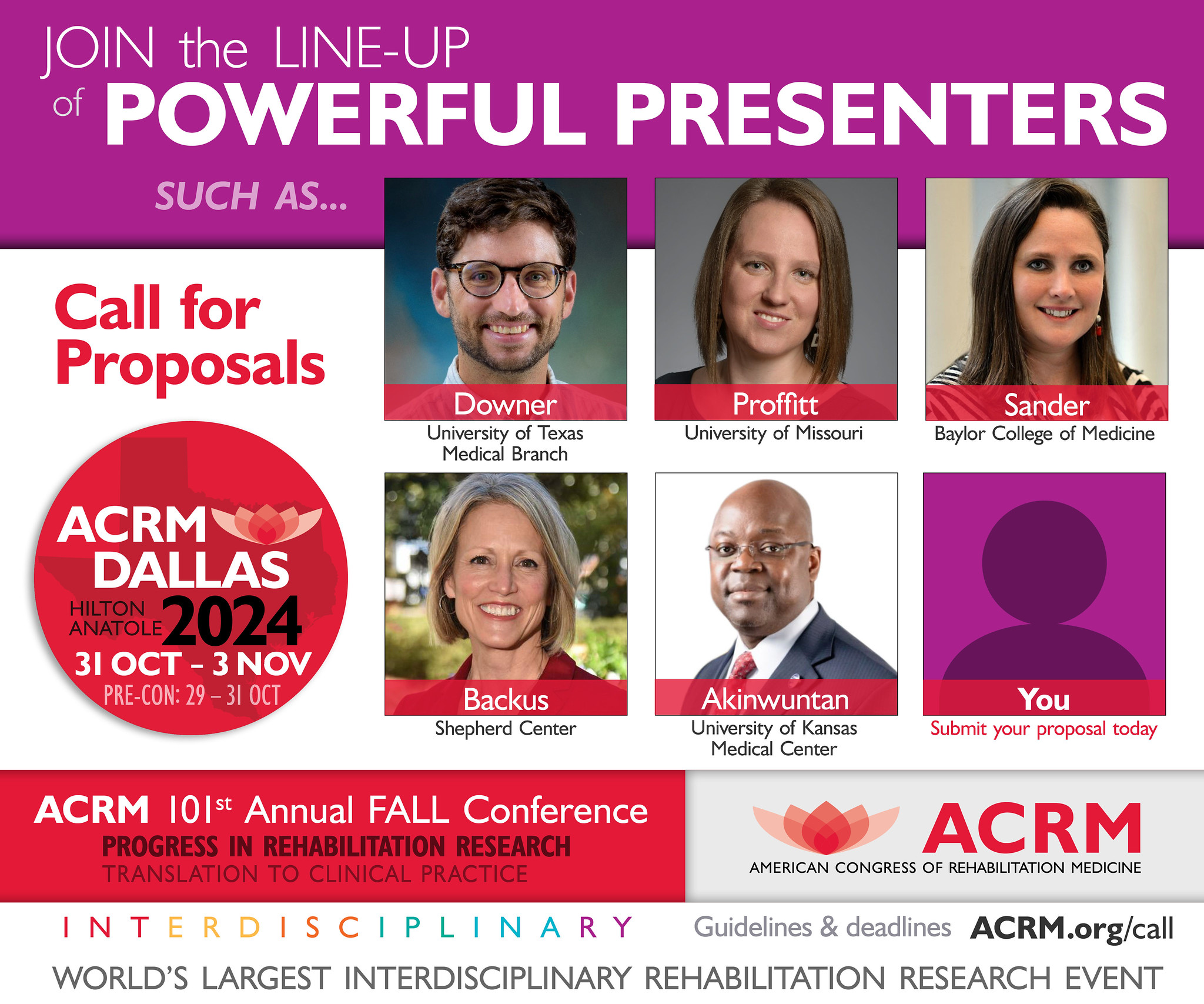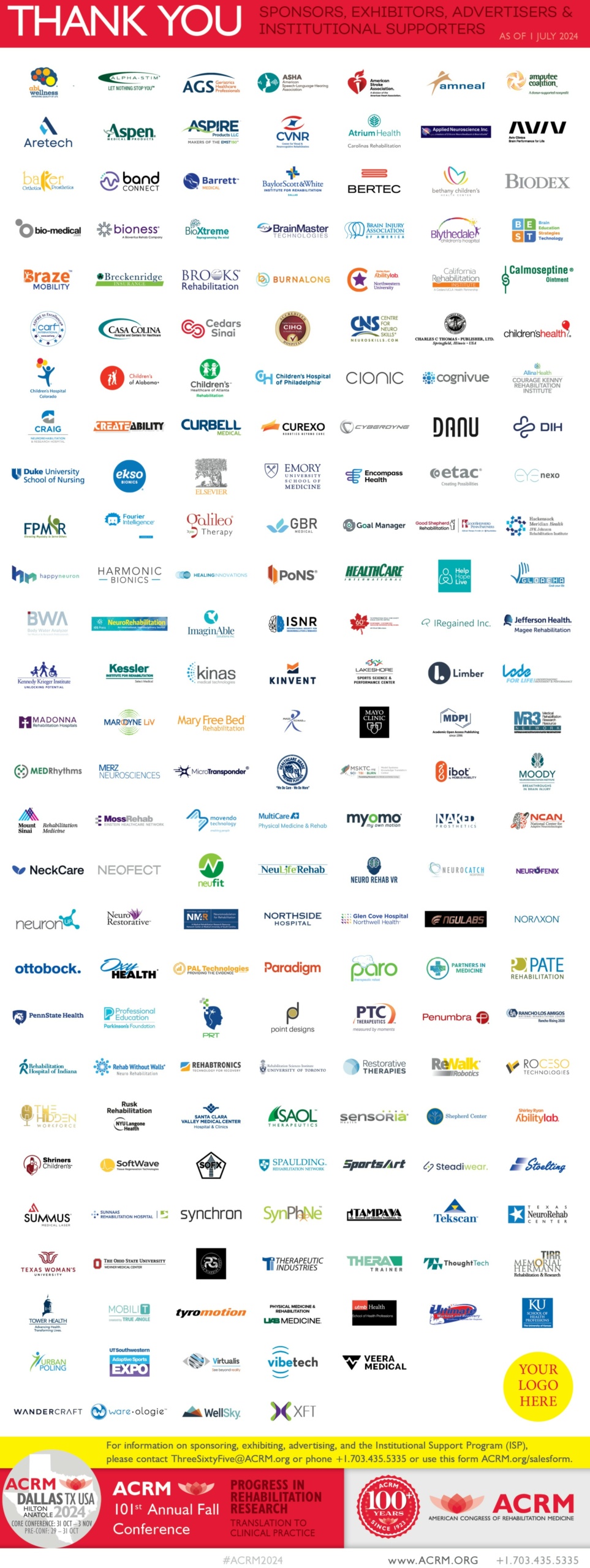Research Spotlight
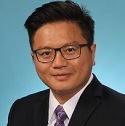 Alex W.K. Wong, PhD, DPhil
Alex W.K. Wong, PhD, DPhil
Assistant Professor
Washington University School of Medicine
with Pin-Wei “Benny” Chen, PhD
Q: Please tell us about your professional background.
I am an Assistant Professor of Occupational Therapy, Neurology, and Psychiatry at Washington University School of Medicine. I obtained my PhD in community health at the University of Illinois and completed my postdoctoral research training in health services and outcomes research at Northwestern University.
My research program utilizes patient-reported outcomes using mobile devices and passive sensing technologies to better understand individualized recovery processes and develop solutions to optimize independence and community participation in people with neurological conditions.
Q: What inspired your research?
My research aligns with outcomes studies focused on psychosocial adjustment after disability. I am particularly interested in developing solutions for patients to transition from hospital settings to community living. Many years ago, my friend introduced me to a PDA (Personal Digital Assistant). I was impressed by the capacity of this first handheld PC to browse the Internet, send push emails and messages, hold information, and synchronize data with applications on a user’s computer. At that time, I conceived that with this technology, one day everyone would carry their medical record in their pocket. But it was not until the arrival of the iPhone that the vision of mobile health began to materialize, and my research efforts shifted to utilizing mobile devices, such as using a smartphone app to remotely connect with patients to collect their health data in everyday life. I believed that this approach could not only help me better understand my patients’ functioning, but also likely develop real-time solutions to engage my patients and promote their health and recovery.
Q: What did you learn from your research?
I am fortunate that my research program related to mobile rehabilitation has been supported by a number of federal- and foundation-sponsored grants. My technology partner and I currently have a NIH-funded project to develop smartphone-based ecological momentary assessments to understand daily, cognitive, and mood functioning associated with living with stroke. We are very happy that our app platform could potentially be used by other investigators because this platform gives investigators full control of protocol development without the need for technical programming, thereby decreasing the cost and effort required to produce robust study apps.
Our lab also obtained an AOTF award to conduct a rehabilitative trial of an mHealth intervention to optimize patients for self-management and community participation. Currently, we use the implementation science framework to guide our technological adaptation and development. We hope that this application will help us access and reach more post-stroke individuals for improved health and recovery via an individualized self-management approach.
Furthermore, my colleagues and I have an ongoing trial of a patient engagement intervention. This trial is sponsored by the Craig H. Neilsen Foundation and is carried out at the Shirley Ryan AbilityLab. This project is investigating the effects of the intervention on patient participation and other rehabilitation outcomes. For this project, participation in rehabilitation will not be quantified by crude measures such as length of inpatient stay or number of therapy sessions. Instead, it will be measured with wearable technology during therapy sessions.
Last, Pin-Wei “Benny” Chen, his technology development company, and I recently completed a NIDILRR-funded project to develop motion-based AI technology to help clinicians recognize and predict the performance of activities of daily living in patients after stroke. Our results are quite promising: our machine learning models could accurately predict 10 at-home activities. We are now planning another proposal by using additional body-wide measurements via mHealth technologies to capture physiologic markers to further improve the post-stroke prediction models.
Q: What impact will your findings have on rehabilitation medicine?
An ultimate goal of my research program is to improve the quality of life of individuals with disabilities through a precise measurement and personalized rehabilitation approach. I believe that the emerging field of mHealth can transform the mode and quality of rehabilitation medicine on a global scale that may eventually lead to this ultimate goal. Also, scientific advances depend on measurement advances. We can’t move our field forward unless we can accurately and precisely measure the function of our patients in their everyday lives. Thus, our lab adopted smartphone devices and an ever-growing range of wearable and environmental sensors, as well as the use of advanced analytic methods, to support our understanding of the unique needs of target populations.
Our lab also provides data to support technology-based delivery of rehabilitation interventions. I hope such an mHealth intervention approach could hold promise to support our rehabilitation professionals to beneficently meet the goal of “patient-centered care.” Our field has been talking about “patient-centered care” for many years, but we don’t really know how we can get there. This emerging mHealth approach may hold this promise by not only personalizing the intervention at its initiation, but also adapting it over the course of recovery—as we all know that, in fact, function can fluctuate from day to day and is very context dependent.
Q: Where can TNG members learn more about this topic?
I share a couple of publications written by leaders in the field of mHealth. These papers inspire my research. Their innovation highly stimulates the translation and incorporation of mHealth into medical rehabilitation. I also share a few publications from our lab.
- Steinhubl, S. R., Muse, E. D., & Topol, E. J. (2015). The emerging field of mobile health. Science Translational Medicine, 7(283), 283rv3.
- Sim, I. (2019). Mobile devices and health. New England Journal of Medicine, 381(10), 956-968.
- Li, L., Huang, J., Jiang C., Chen, S., Xie, G., Ren, J., Tao, J., Chan, C.C.H., Chen, L., & Wong, A.W.K. (2020). A mobile health app for the collection of functional outcomes after inpatient stroke rehabilitation: Pilot randomized controlled trial. JMIR mHealth and uHealth, 8(5), e17219.
- Lau, S.C.L., Macpherson, V, Lenze, E.J., Baum, C., Lee, J., Metts, C.L., Yingling, M.D., Fucetola, R.P., Fong, M.W.M., Depp, C.A., Heaton, R.K., Lu, C., Lai, A.M., & Wong, A.W.K. (2019). Feasibility and validity of ecological momentary assessment of daily function in people after stroke. Archives of Physical Medicine and Rehabilitation, 100(12), e179.
- Walsh, R.J., Baum, C. & Wong, A.W.K. (2019). Uses and perceptions of mHealth services among post-stroke community-dwelling smartphone users and non-users. Archives of Physical Medicine and Rehabilitation, 100(10), e139-e140.


